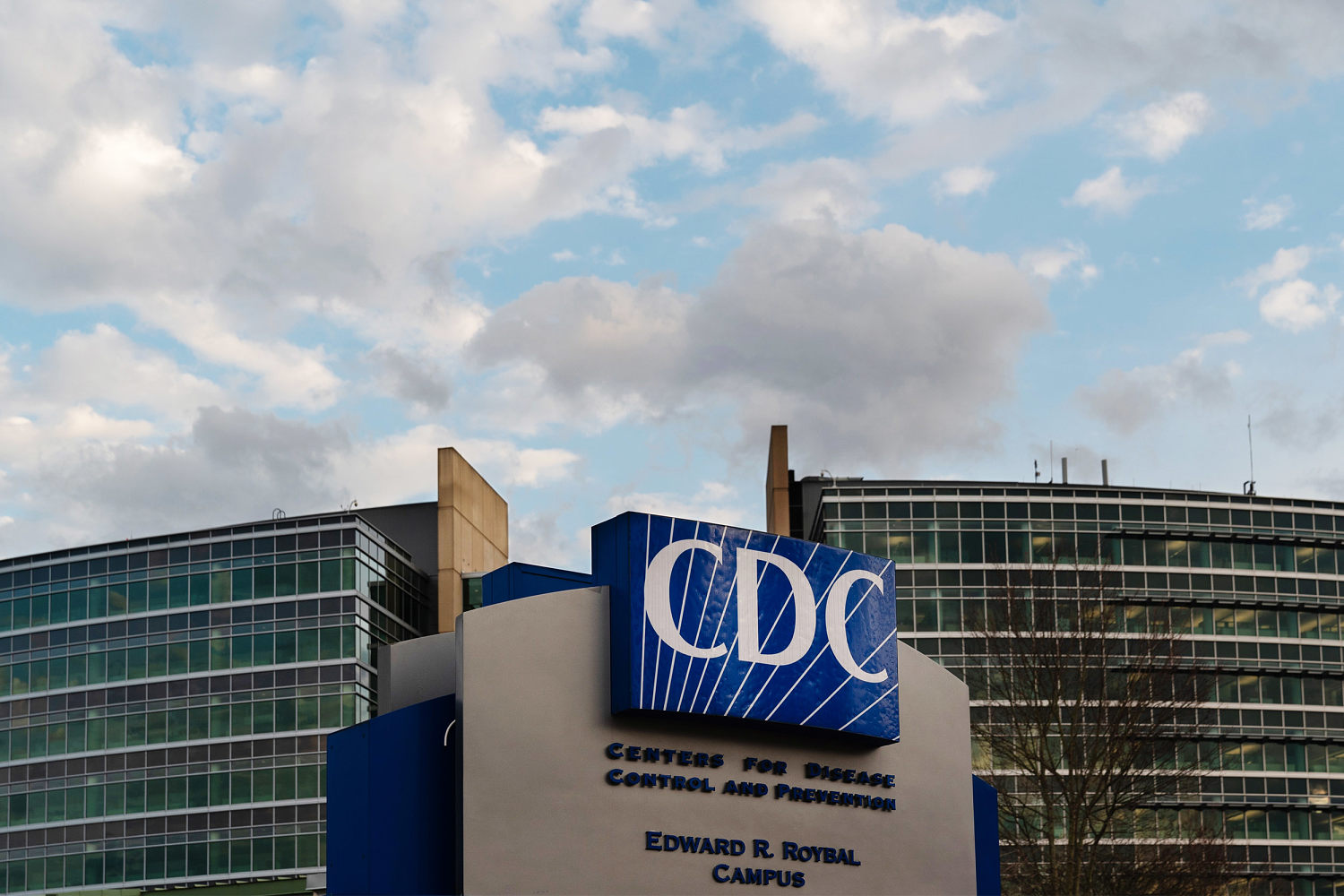Without evidence, CDC changes messaging on vaccines and autism
NegativeHealth

- The CDC has altered its messaging on vaccines and autism, suggesting that previous assertions about the safety of vaccines may have ignored possible connections to autism. This shift has sparked significant public concern.
- This development raises questions about the credibility of the CDC, as it appears to contradict earlier research that affirmed vaccine safety, potentially undermining public trust in health communications.
- The ongoing debate surrounding vaccines and autism reflects broader societal tensions regarding vaccine safety, public health policy, and the dissemination of scientific information.
— via World Pulse Now AI Editorial System




